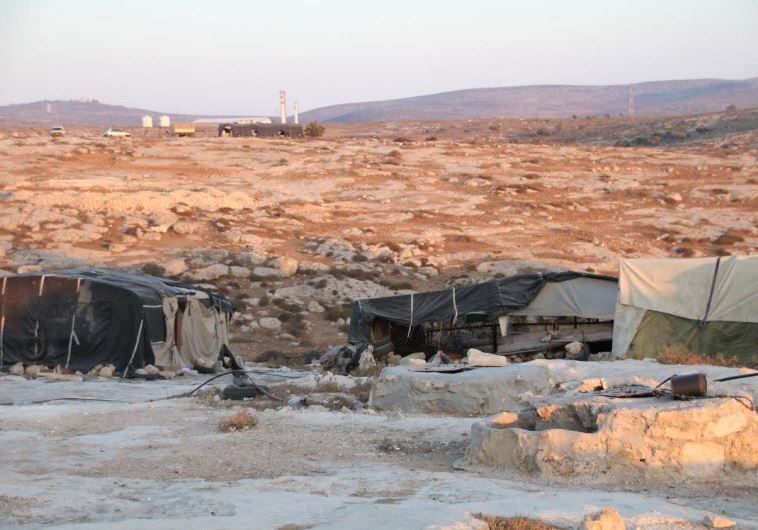Israel may demolish 30 structures in Palestinian Sussiya, draft court document states
Netanyahu has until the end of October to review the matter and decide whether or not to take action against the Palestinian village.
 (photo credit: TOVAH LAZAROFF)Updated:
(photo credit: TOVAH LAZAROFF)Updated: